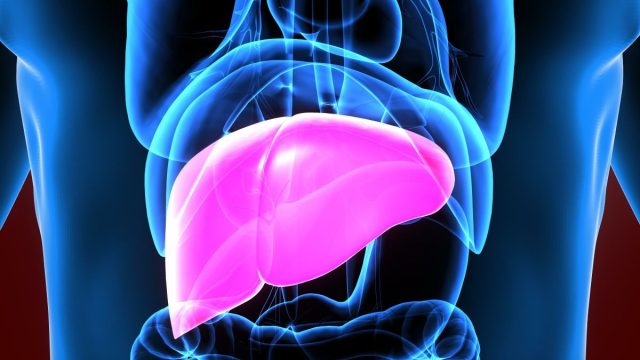Age and immune checkpoint inhibitor washout time inversely linked to allograft rejection; survival no different with, without allograft rejection
By Elana Gotkine HealthDay Reporter
FRIDAY, Aug. 16, 2024 (HealthDay News) — For patients with hepatocellular carcinoma (HCC), immune checkpoint inhibitor (ICI) use prior to liver transplant (LT) does not worsen outcomes, according to research published online July 10 in the Journal of Hepatology.
Mohammad Saeid Rezaee-Zavareh, from the Middle East Liver Diseases Center in Tehran, Iran, and colleagues summarized the impact of ICI use on post-LT outcomes in an individual patient data meta-analysis. Data were included for 91 eligible patients.
The researchers found that during a median follow-up of 690.0 days, there were 24, nine, and nine allograft rejections, HCC recurrences, and deaths, respectively. Associations with allograft rejection were seen for age (adjusted hazard ratio [aHR] per 10 years, 0.72) and ICI washout time (aHR per one week, 0.92). For patients with ≤20 percent probability of allograft rejection, the median washout period was 94 days. There was no difference in overall survival seen between cases with and without allograft rejection. Fewer median ICI cycles were seen for individuals with versus without HCC recurrence (4.0 versus 8.0). A lower proportion of patients were within Milan criteria post-ICI among those with versus without recurrence (16.7 versus 65.3 percent).
“We concluded that with a 90-day gap between the last dose of immunotherapy and liver transplant, the risk of organ rejection is no greater than if the patient had never received immunotherapy,” senior author Ju Dong Yang, M.D., from Cedars-Sinai Medical Center in Los Angeles, said in a statement.
Several authors disclosed ties to the biopharmaceutical and medical device industries.
Copyright © 2024 HealthDay. All rights reserved.



















